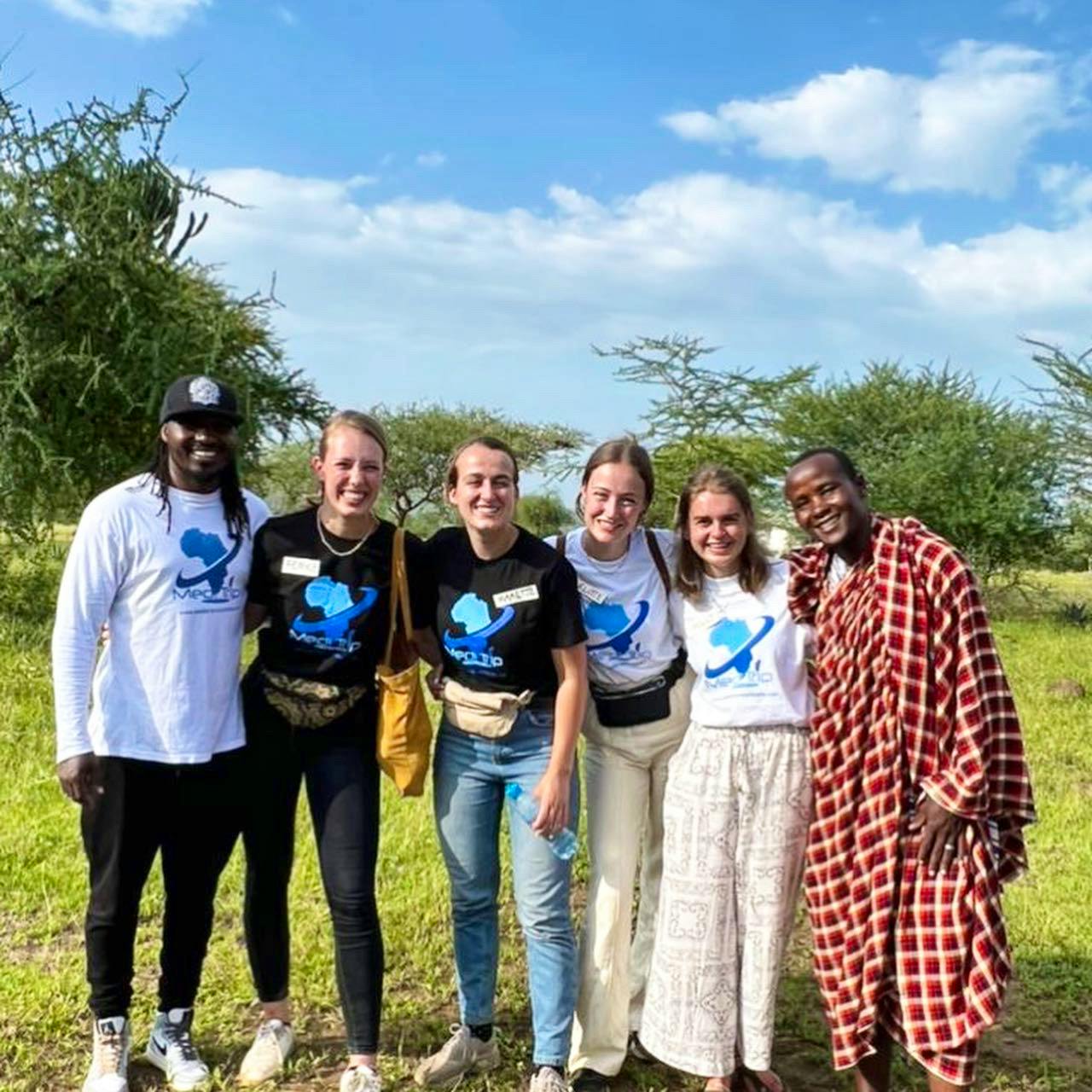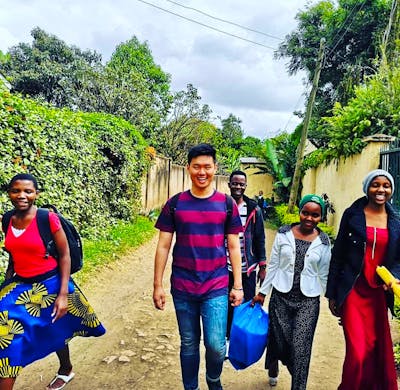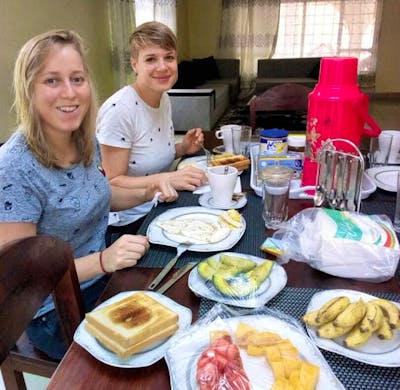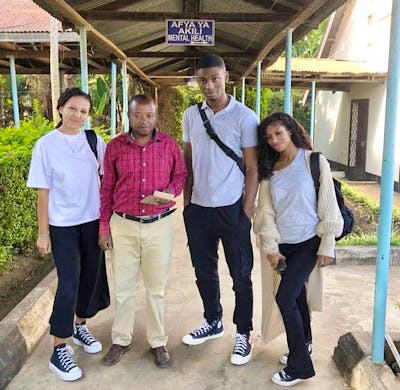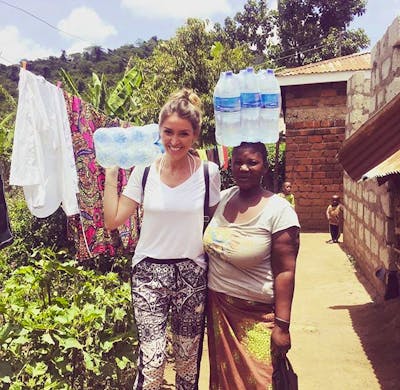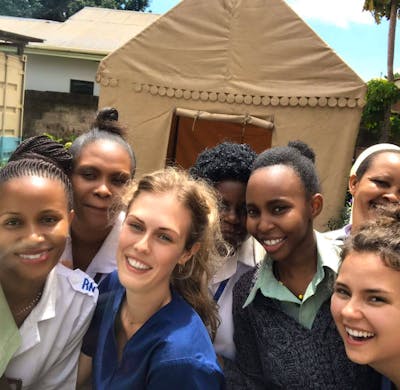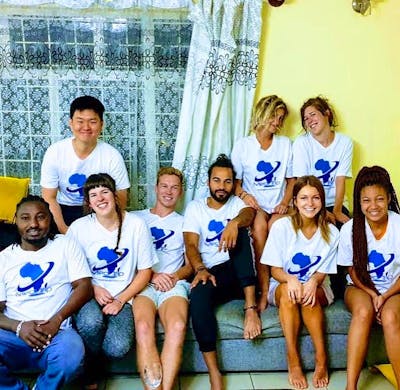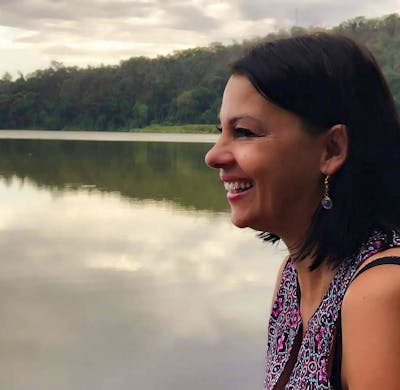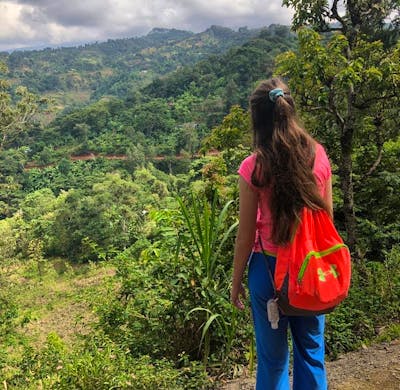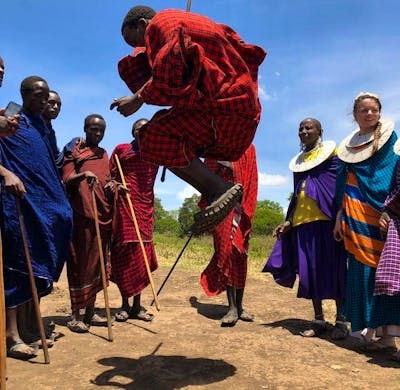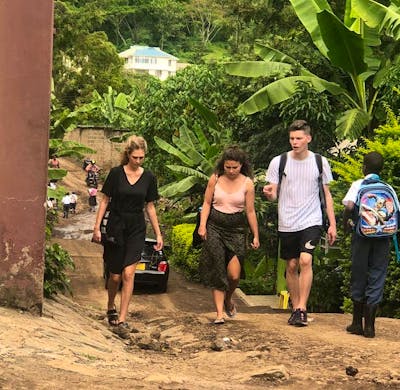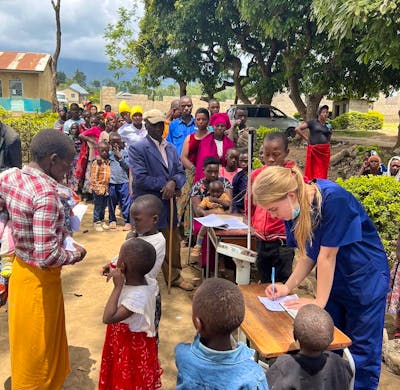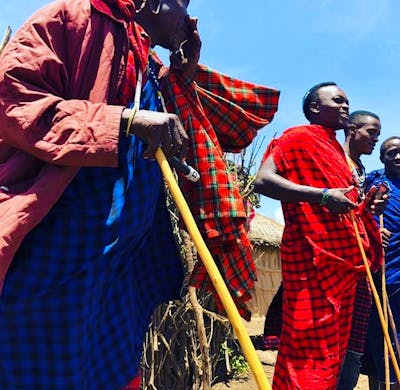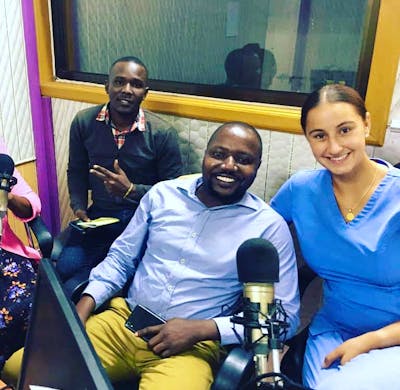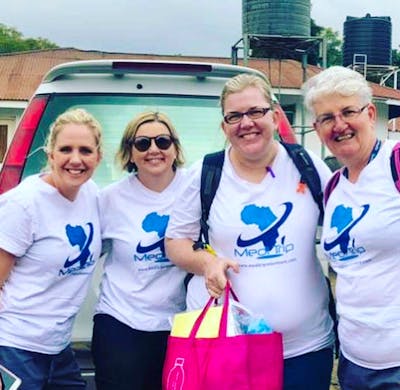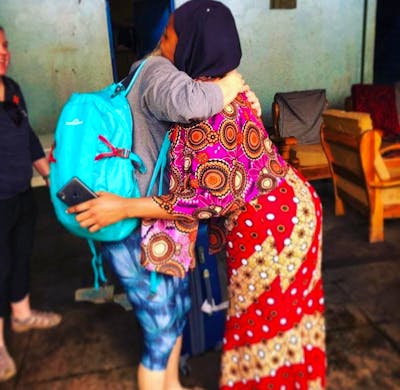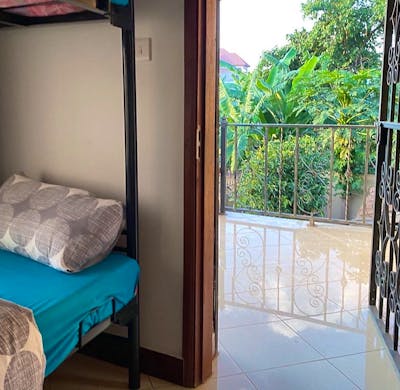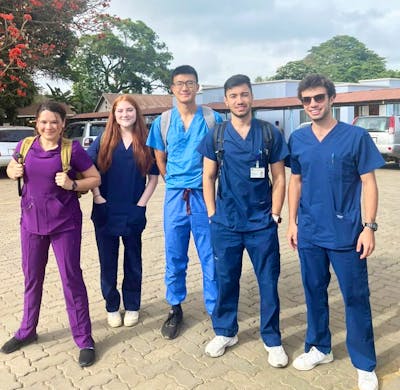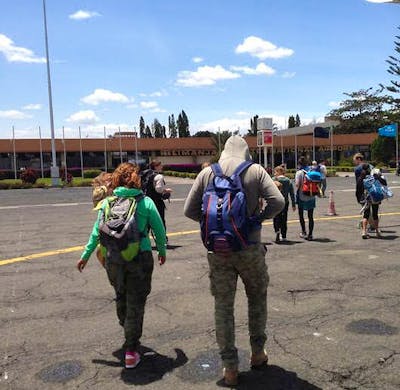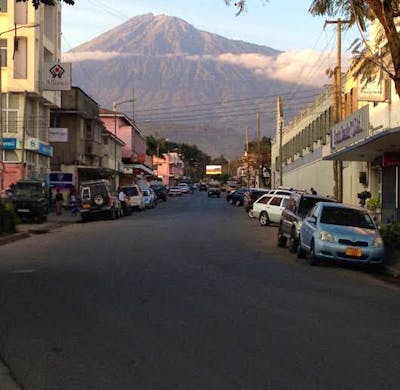Take in men in crisis or withdrawals from severe narcotics and alcohol addiction
Receive referrals from social workers, psychiatrists, the police unit or family members who need somewhere to safely house someone in crisis
Provide shelter, meals and structured support for a minimum of 90 days
Aiming to provide vocational/job training to provide men who are in recovery independence and self sustainability once they leave the facility
Provide structured alcoholic anonymous and narcotics anonymous programs 7 days a week
Provide family support for families of men in recovery
Provide mentorship and leadership for men in recovery who need emotional and psychological support
Work closely with community Psychiatrist who provide psychiatric interventions where necessary
Criteria:
For experienced interns: 6 months + experience for professional candidates from related professional backgrounds only
Background in mental health work, counselling, psychiatry, social work, occupational therapy, addiction and rehabilitation, community mental health, nursing, medicine.
Mentoring; Life Coaching; Support Work
Skilled Trade workers willing to teach: Welders; Carpenters; Agriculturalists are welcome to join to help with the vocational training program
Educational background
Minimum duration: 2 weeks
Times of the year it would be unavailable (school holidays etc):
Soft skills:
Self direction when situations appear unclear/unambiguous
Entering environments where local customs, safety awareness and local regulations should respected
Acceptance and understanding of strong cultural differences
Situations or scenarios that can feel overwhelming or unmanageable
Lack of basic resources; funding, equipment and additional staffing
Working in rural settings with no modern conveniences
Long distance travel (risk assessed as: safe)
The Problem
There is huge stigma surrounding mental illness in Tanzania, particularly when dealing with ailments or complaints that cannot be easily identified or understood. This oftentimes delays people seeking treatment or support which can have severe and destructive life outcomes. Because of this, the majority of the work needed to be done in reaching people that need help is in the community and through bold awareness campaigns countering stigma. Many people will not make it to the few mental health treatment facilities scattered around the region.
Medi Trip team spoke at length with the Sober House team and who provided insight on common factors they have seen throughout the years that bring men to their care.
Severe and untreated depression
Genetic and environmental factors
Suicidal ideation
Severe lack of programs and support in the wider community
Underlying or undiagnosed mental health issues
The psychiatrists reported many of the men they had assessed self reported symptoms consistent with other mental health issues that had been untreated.
As a result substances may have been used to self medicate as a coping mechanism
Poverty
Severe lack of job opportunities, food and shelter insecurity can create extremely unhealthy coping mechanisms leading to substance abuse and addiction as a result of continuous worry, anxiety and depression.
Culture also has a huge role to play in supporting the community in creating mental wellness. Traditional and religious beliefs provide a powerful backdrop on how mental health is understood and navigated in communities. Beliefs can also play into health seeking behaviours, where people may seek out religious leaders and/or traditional practitioners for help and understanding before seeking psychiatric or medical diagnosis and treatment. A large proportion of the population still attribute supernatural reasoning for mental health issues, lessening the amount of people readily seeking psychiatric treatment or western based psychological treatment support.
The Patients
The team often receives men in severe withdrawal, crisis or psychosis. The facility managers self manage the men in crisis themselves as they would have nowhere to go. Many of these men would end up on the streets, in police custody or in a health facility not equipped to deal with patients in substance abuse crisis.
Common substance addictions reported to Medi Trip by the Sober House team:
They reported none are worse than any other, all causing severe destruction in the mens lives and all causing various physical/psychological issues.
The Program
The men are managed until they pass through their withdrawal or crisis stage (managed by a psychiatrist with medication when necessary). They then join the rest of the house members to continue their recovery journey.
The men are expected to become a functional member of the Sober House as they begin their recovery. 3 group meetings occur per day centered on the 12 Steps Program of recovery and primarily focusing on Alcohol Anonymous and Narcotic Anonymous recovery support.
As part of their activities of daily living, the men all participate in cooking, cleaning and maintaining the Sober House on a daily basis. There is a strict schedule that is expected to be followed and all members are expected to participate and contribute as a group. The men who are further in their recovery also become champions or are given mentorship/leadership positions providing support and guidance to those who need more support, are new to the program or at risk or relapsing.
They also have a chicken coup, small animal pen and vegetable garden they are trying to start up which will also help in vocational training and provide therapeutic activities. It will also help the Sober House become even more self sustaining by growing their own food.
The Mission
In partnership with District Executive Director His Excellency Suleiman Hamis Msumi and his dedicated team, our interns have been invited to support the work at the Sober House. Our interns will work alongside an experienced team with patients that are struggling with mental health issues.
The goals for our internships as agreed with the Sober House members:
To exchange ideas on how to enhance the work already being done provide external encouragement and support to the Sober House
To help to continue to develop their program in a culturally relevant and meaningful way that builds on what they are already doing
To contribute skills that do not exist at the Sober House
Provide compassionate mentorship, encouragement and hope to Sober House and it’s members who feel discriminated against, looked down upon and set apart from the rest of the community.
This is a challenging role that requires dedication where you will be confronted by issues of mental health and trauma that can be distressing to witness. Practices and approaches will not be like what you are used to at home and room should be made for cultural differences, language barriers and slower outcome of results. No one’s recovery or development should be rushed and this should be respected, therefore interns should not arrive with the expectation that they will see fast changes and quick wins. The expectation is that interns contribute their time and skills to initiate and continue long term goals which can take months and years to achieve.
Intern activities
Working under supervision with a member of staff
Helping with the activities of daily at the Sober House: cooking, cleaning, shopping, upkeep of the facility and checks on the men
Attending group meetings (translation provided)
Providing support and feedback to the Sober House managers on each discussion
Assisting in developing ideas i.e Vocational/Job Skills Training program
Teaching English Language, Literature and Writing
Teaching Computer Skills
Leading Life Skills Workshops
Helping with documentation and report writing: many of the men struggle with literacy and have asked for volunteers to assist in creating documents and managing the Sober House information and records
Attending weekly team meetings with the manager for evaluations and case discussions
Assisting with awareness campaigns: community workshops, radio campaigns and other activities related to reaching the broader community.
Training and supporting the staff:
How will you get around?
Please note this project is 45-60 mins travel and will require a small additional budget to travel efficiently to the Sober House which is on the outskirts of town. It is important you are prepared and comfortable to travel further out of town everyday and remain consistent and committed as the Sober House program is heavily reliant on structure and commitment to work. Our company will help to make arrangements for your safe transport route (your transport budget for this work should be set at between $1-$5 per day). You will also receive orientation before you begin.
You will also need to budget for your own lunch or make a small contribution to join the school lunch of rice, beans and vegetables.
Important VISA & Permit Information
You will be required to pay for a VISA work assignment. Please note this is a legal requirement and your responsibility. Please enquire for more details.
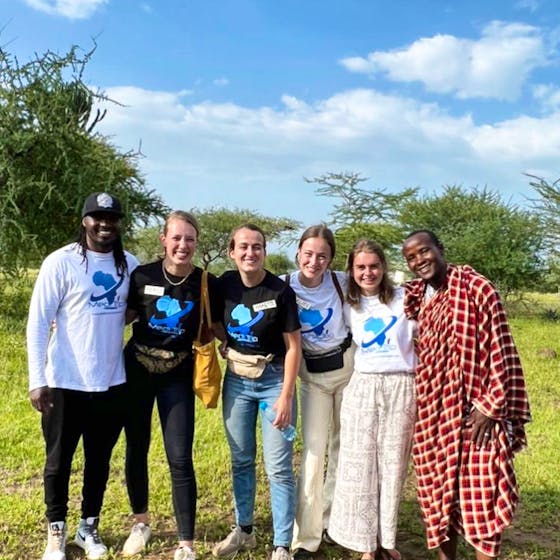
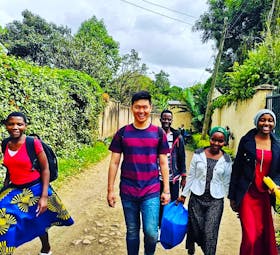
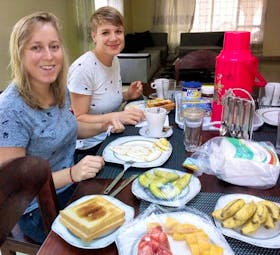
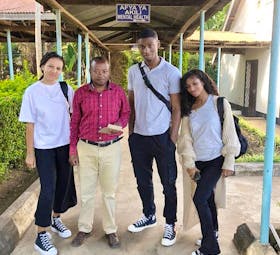
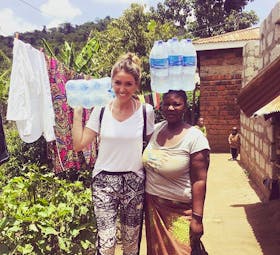

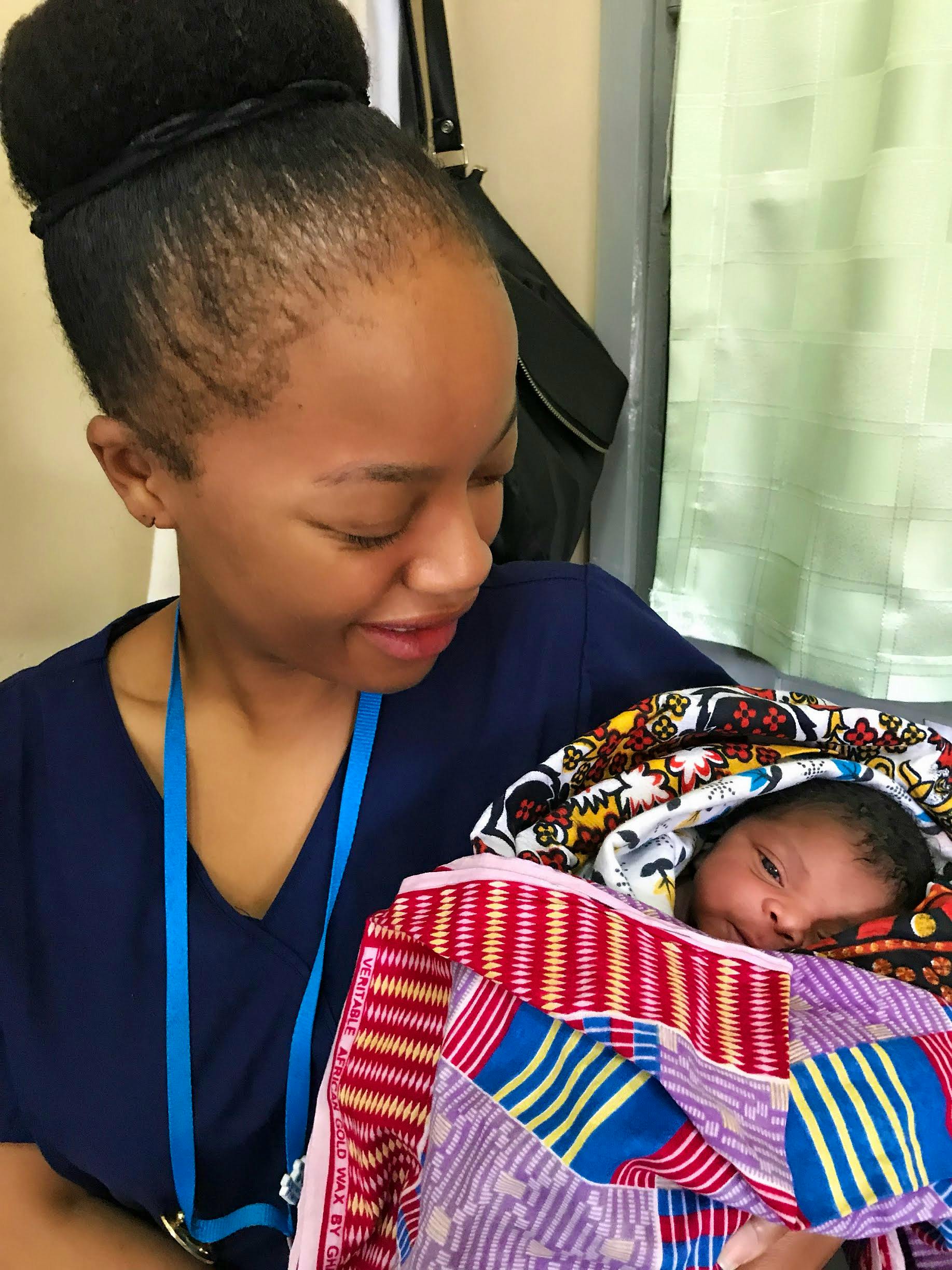
 4.8
4.8

